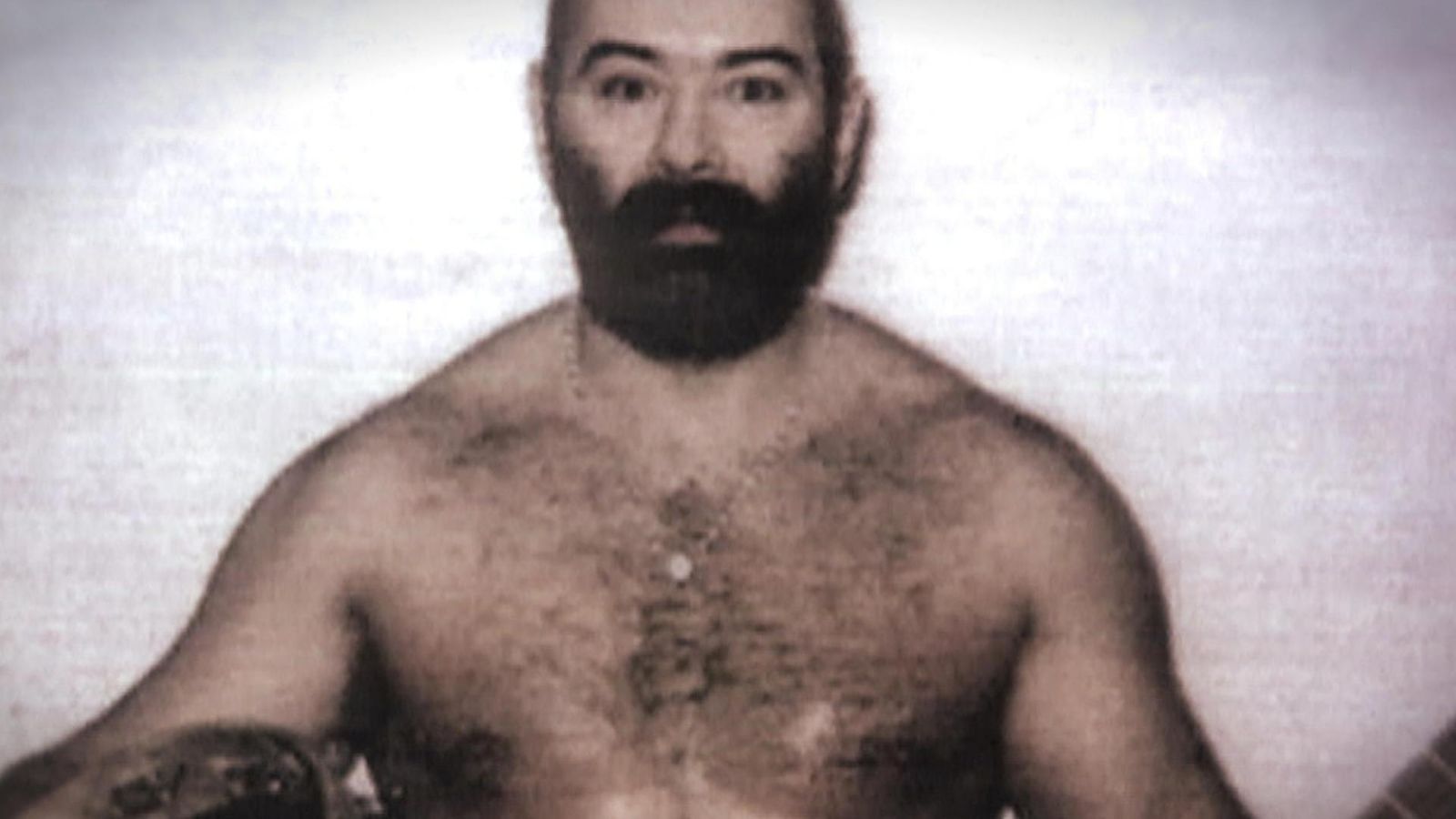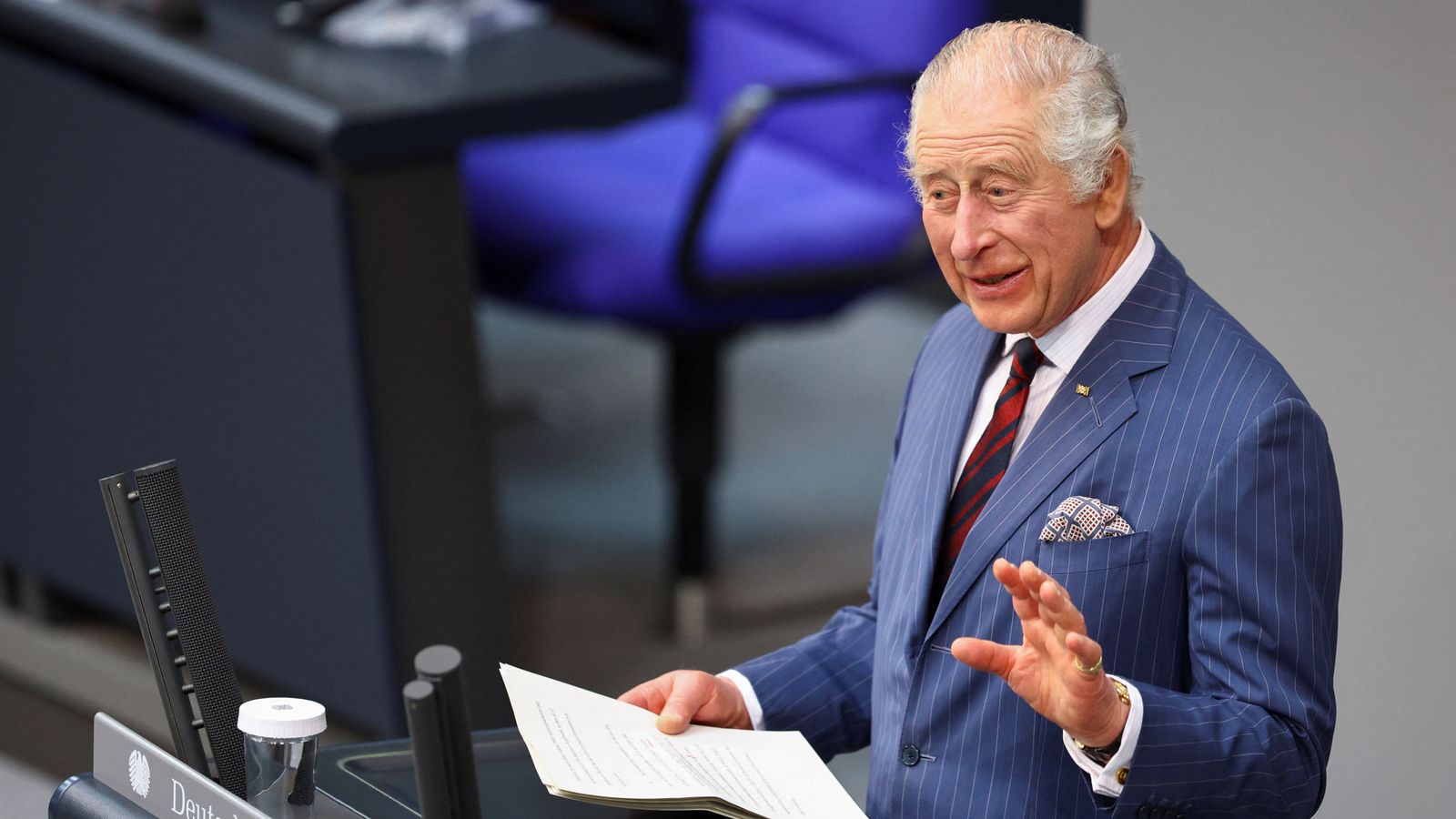Britain’s most notorious prisoner Charles Bronson will remain behind bars after being denied release by the Parole Board.
The panel has also rejected his secondary plea to be moved to an open prison.
Bronson, who has changed his name to Charles Salvador, was jailed for armed robbery in 1974 and, but for a couple of brief episodes of freedom, has been in jail ever since.
The 70-year-old’s original seven-year sentence has been extended many times because of his violent attacks on prison staff and fellow inmates.
He has been denied release following a public parole hearing where he claimed to be a “born-again artist” who “went through a phase” of taking hostages.
In a document detailing the decision published on Thursday, the Parole Board said: “After considering the circumstances of his offending, the progress that Mr Salvador has made while in custody and the evidence presented at the hearings, the panel was not satisfied that Mr Salvador was suitable for release.
“Nor did the panel recommend to the Secretary of State that he should be transferred to an open prison.”
Charles Bronson claims he now ‘hates violence’ in angry voice note from prison
Charles Bronson has never used a cash machine and would need practical support if released, expert reveals
Charles Bronson: ‘Best hostage’ to ‘naked rumble’ – 15 things Britain’s most notorious prisoner revealed at parole hearing
The Parole Board’s decision comes a day after he sent a voice note to Sky News claiming he “hates violence” and has been a “model prisoner” for the last decade.
Bronson also claimed he has “never been a danger to the public”, adding: “I love the world”.
During his parole hearing earlier this month a prison psychologist said although Bronson posed a moderate risk of violence inside jail, it would be a high risk if he was freed.
Another psychologist, Kerry Daynes, who was called by Bronson, said she felt he should probably stay where he is and be given a gradual introduction to open conditions.
During the hearing, held at Woodhill Prison near Milton Keynes in Buckinghamshire, Bronson handed the three board members examples of his artwork, telling them: “Each piece of art is a piece of me.”











